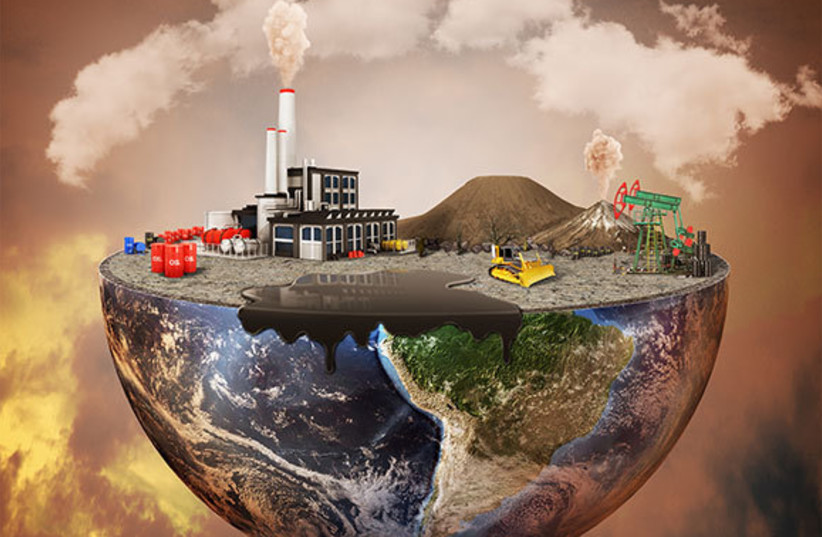The current year marks an inflection point for climate tech. Climate Tech’s global momentum set a record $26.8 billion (NIS95.7 b.) in venture funding for the first half of 2022 through more than 968 deals. The global energy crisis seems to be acting as a catalyst for green technologies to achieve greater energy independence. With heat waves and droughts making climate change a vivid reality this summer and energy prices up unprecedentedly by almost 500% percent climate inaction has become too costly.
Europe’s $1 trillion (NIS3.57 t.) existing Green Deal is now coupled with the newly released USD 369 b. (NIS1.3 t.) landmark bill in the US that unlocks funding for energy security and climate tech. It is an unparalleled number of climate-dedicated funds launched this year, including TPG’s $7.3 b. (NIS26 b.) Climate Tech Fund, and more than one-third of the world’s largest publicly traded companies with net zero promises to keep, up from 20% last year.
These dedicated budgets that weren’t there before created a multi-trillion dollar market, signaling to innovators and investors that this is the time for climate tech.
<br>An inflection point for Israel’s climate tech sector?
Israel, as a recognized leader in developing advanced solutions to global challenges, is extremely well-positioned to take a central position in battling climate change as one of the world’s most pressing issues.
In the first half of 2022, Israeli climate tech companies raised $1.13 b. (NIS Israel’s growing climate tech sector is proving it can punch above its weight with a strong start to the year.4 b.) in venture capital across 50 deals according to Start-Up Nation Finder data, more than doubling the funds raised in the first half of the previous year. Since 2020, Israeli climate tech companies raised $3.87 b. (NIS13.8 b.), growing in the last 24 months by 250%, a rate that is 2.5 times faster than the global investment rate.

This is part of a growing climate tech sector which numbers over 700 companies with innovative technologies that are relevant to curb carbon emissions or help in the efforts to adapt to climate change.
These include companies across key domains from Energy Transition (with companies such as H2Pro, which is developing affordable green hydrogen), all the way to Mobility Optimization (such as Optibus, whose algorithms create more sustainable and efficient transportation services), Food and Land Use (with globally recognized alternative protein companies Redefine Meat and RemilK, as well as rising stars such as TripleW that transforms food waste into new products), Clean Industry Tech (with exciting solutions such as Helios’ low-cost green steel production system originally created for space exploration), Water Tech (including Wint’s water management system that prevents water loss in the built environment), and further into the new hot arena of Carbon Tech (with carbon capture and utilization companies, such as Airovation) and more.
<br>More work to be done by Israel on environment
Yet despite all recent accomplishments, there is much work left to harness Israel’s agile and creative tech ecosystem to expand the pipeline of climate tech innovation, coming up with solutions to the biggest shared challenge of our time. For us at Start-Up Nation Central, expanding the number of innovative companies relevant to the climate field is an important key in the effort to support the growth of the Israeli ecosystem.
Next week, we are leading the Climate Solutions Festival with our partners from JNF Canada and KKL, a unique global innovation event at the Hulda Forest in Israel. There will be hundreds of attendees, over 100 speakers from over 12 countries including Sweden, Bahrain, UAE, Italy, Canada, the UK and Singapore, and more than 60 start-ups showcasing and presenting their solutions that will advance the goal of connecting Israeli innovation to global challenges and global opportunities.
The writer is head of the climate tech sector at Start-Up Nation Central.
